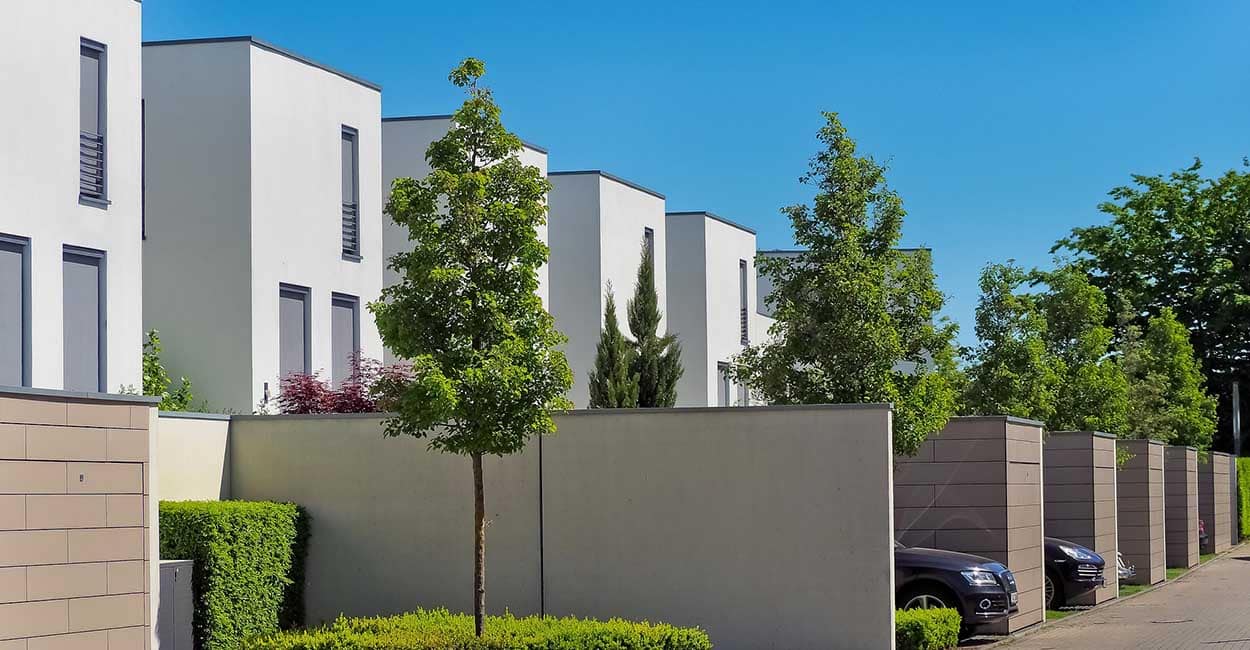As a non-resident considering making a real estate investment in Spain, there are many factors that you should take into account to make the process as smooth as possible. It may seem like a daunting task to get to grips with buying a holiday home or retirement villa in Spain and how to acquire mortgages in Spain for non-residents, but it certainly isn’t impossible.
Many Spanish banks are willing to lend money to people who live and pay taxes abroad. At Breezom we are here to help so that you are armed with the right knowledge about buying a property and mortgages in Spain for non-residents.
Can foreigners get a mortgage in Spain?
In many cases, foreigners buying property in Spain will not have any problems when it comes to applying for a Spanish mortgage. There are not usually restrictions on nationality, nor a minimum property price. However, terms and conditions for non-EU citizens may differ to those of EU residents. Furthermore, mortgages in Spain for residents will generally offer more favourable conditions than Spanish mortgage rates for non-residents, who may have access to lower mortgage credit.
If you are asking yourself, can foreigners get a mortgage in Spain, rest assured that the answer is yes. You just need to make sure that you find the right mortgage for your profile.
There is usually a large deposit also required in order to obtain mortgages in Spain for non-residents. Banks tend to be inflexible on this condition. While mortgages in Spain for residents in the country can usually be obtained for up to 80% of the property’s value, banks will typically lend up to 70% of the purchase price of a property. Buyers should expect to pay 20-30% of the property price as a down payment, and a further 10% in taxes and fees.
If you have regular income, and have no major loans and other mortgages in your home country, you have a high chance of qualifying. Bear in mind that in order to apply for a mortgage in Spain, buyers will need to provide a number of different documents. These include proof of income, such as your tax return or payslips, a valid passport or identity card, and proof of address.
A non-resident mortgage applicant will be required to provide more supporting documentation than say a resident might, because Spanish banks do not have access to your income and credit history. You can expect the bank to request documents such as copies of your passport or ID card (for all parties that will be on the mortgage), your most recent tax return, your last three payslips, details of other properties you own including any potential rental income, bank statements, a credit report (if available in your country).
The time it takes to get a mortgage in Spain can vary depending on a number of factors, such as the type of property you are buying and the lender you are using. However, it is generally advisable to allow at least eight weeks from the moment you send your initial application.
Spanish mortgage rates for non-residents
The interest rates on Spanish mortgages can vary depending on a number of factors, such as the type of mortgage and your lender. However, in general, interest rates on Spanish mortgages are lower than those in other European countries. The Spanish government offers a number of incentives to boost lending and promote real estate purchases. These include the Euribor reference rate. Most mortgages in Spain are linked to this rate, meaning that the bank will fix the interest rate you pay on your mortgage for 12 months at a time.
For a standard non-resident profile, typical mortgage interest rates are 1.75% fixed for 25 years and Euribor rate plus 1% to 2% for a variable rate mortgage. Inflation is a trend across Europe, and Spain is no exception. This means that fixed-rate mortgages are currently a more popular option. Of course, rates vary depending on the terms and conditions of the financial institution and the client profile. Bank opening fees range from 0 to 1%. Most banks insist the client takes out ancillary products such as home and life insurance, although this isn’t always the case.
Mortgages in Spain for non-residents can either be applied for directly with the bank. Many major Spanish banks are used to working with international clients (BBVA, Santander, etc.) Using the services of a mortgage broker may also be a useful option. The main benefit of working directly with a bank is that you won’t have to pay brokers fees on top of everything else. Brokers typically charge around 0.5% to 2% in fees for a successful mortgage. They have the advantage of simplifying the process for the client and being very familiar with the language and system.
How to apply to UK mortgages for Spanish property
If you are interested in purchasing property in Spain, you might consider UK mortgages for Spanish property. Unfortunately, you can’t use a UK mortgage product to buy a home abroad.
You must instead get an overseas mortgage from a lender in the country where your property is located. Of course, Spain is a popular destination for holiday homes and retirees looking to settle down and enjoy the Mediterranean lifestyle. Therefore, many Spanish lenders will be more than happy to accept mortgage applications from the UK. Breezom has the expertise you need to help you on your way to your dream home!



